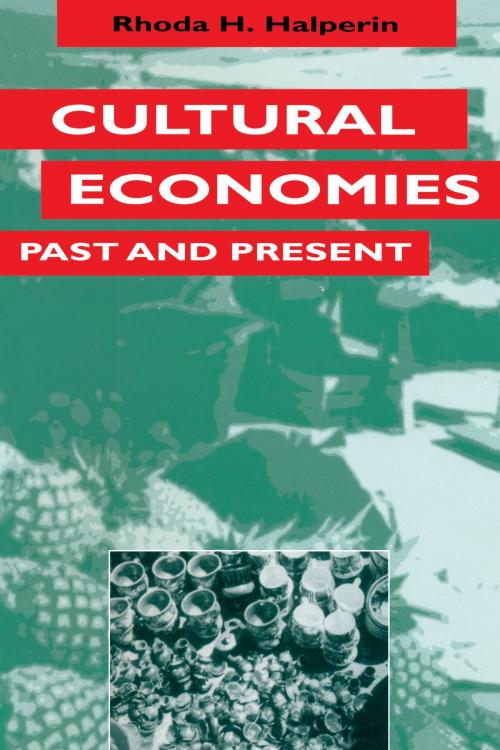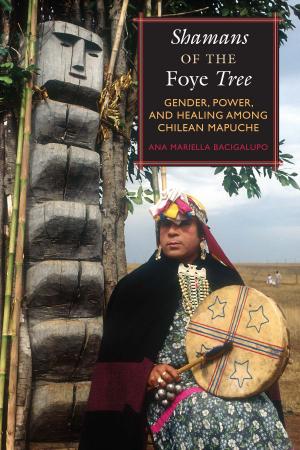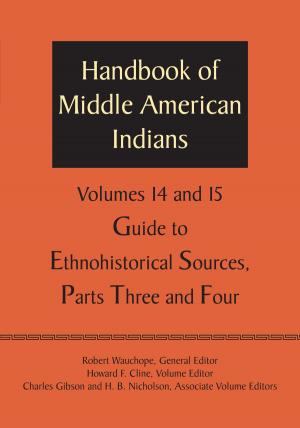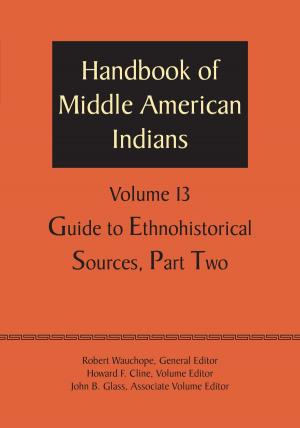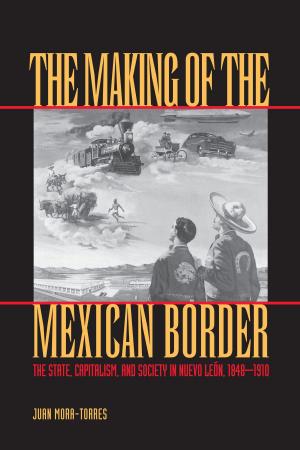| Author: | Rhoda H. Halperin | ISBN: | 9780292788879 |
| Publisher: | University of Texas Press | Publication: | July 5, 2010 |
| Imprint: | University of Texas Press | Language: | English |
| Author: | Rhoda H. Halperin |
| ISBN: | 9780292788879 |
| Publisher: | University of Texas Press |
| Publication: | July 5, 2010 |
| Imprint: | University of Texas Press |
| Language: | English |
When anthropologists and other students of culture want to compare different societies in such areas as the organization of land, labor, trade, or barter, they often discover that individual researchers use these concepts inconsistently and from a variety of theoretical approaches, so that data from one society cannot be compared with data from another.In this book, Rhoda Halperin offers an analytical tool kit for studying economic processes in all societies and at all times. She uniquely organizes the book around key concepts: economy, ecology, equivalencies, householding, storage, and time and the economy. These concepts are designed to facilitate the understanding of similarities, differences, and changes between contemporary and past economies. While this is not only a "how-to" book or handbook, it can be used as such. It will be of great value to scholars and students of archaeology and history, as well as to ethnographers and economists.
When anthropologists and other students of culture want to compare different societies in such areas as the organization of land, labor, trade, or barter, they often discover that individual researchers use these concepts inconsistently and from a variety of theoretical approaches, so that data from one society cannot be compared with data from another.In this book, Rhoda Halperin offers an analytical tool kit for studying economic processes in all societies and at all times. She uniquely organizes the book around key concepts: economy, ecology, equivalencies, householding, storage, and time and the economy. These concepts are designed to facilitate the understanding of similarities, differences, and changes between contemporary and past economies. While this is not only a "how-to" book or handbook, it can be used as such. It will be of great value to scholars and students of archaeology and history, as well as to ethnographers and economists.
